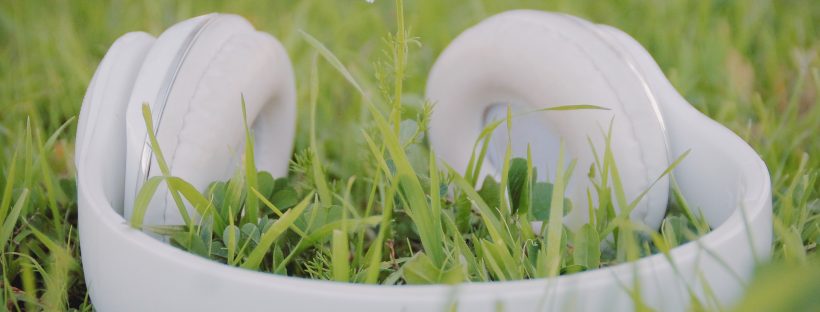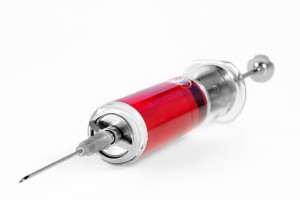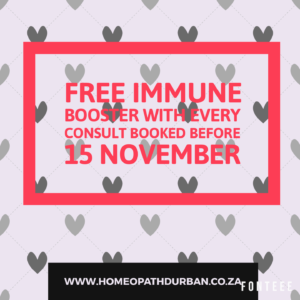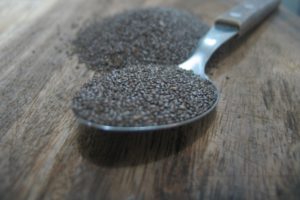Back to school during a worldwide pandemic?
Who would have thought that in the year 2020 we would be fighting a pandemic that has turned most of our lives upside down? Certainly not me. There is a “new normal” that each of us need to adapt to, in order for us to survive. I have put together a summary of what exactly we may be dealing with, especially as a parent who needs to send children back to school in this time of uncertainty.
What is COVID-19?
The COVID-19 virus is a new virus linked to the same family of viruses as Severe Acute Respiratory Syndrome (SARS) and some types of common cold. There are many symptoms to look out for, although the “main” symptoms may include fever, cough, and shortness of breath.
How does COVID-19 spread?
The virus is transmitted through direct contact with respiratory droplets of an infected person (generated through coughing and sneezing). Individuals can also be infected from touching surfaces contaminated with the virus and touching their face (e.g., eyes, nose, and mouth). The COVID-19 virus may survive on surfaces for several hours, but simple disinfectants can kill it.
Following basic principles can help keep students, teachers, and staff safe at school and help stop the spread of this disease. Recommendations for healthy schools are:
- Sick students, teachers and other staff should not come to school
- Schools should enforce regular hand washing with safe water and soap, hand sanitizer or chlorine solution and, at a minimum, daily disinfection and cleaning of school surfaces
- Schools should promote social distancing (a term applied to certain actions that are taken to slow down the spread of a highly contagious disease, including limiting large groups of people coming together)
- Ensure adequate, clean and separate toilets for girls and boys
- Increase air flow and ventilation where climate allows (open windows, use air conditioning where available, etc.)
As a parent it is normal to worry about the well-being of your child. As a parent, we should try not to place our own anxieties onto our children.
Educational psychologist Avika Daya shares advice on the best way to deal with the fears and support your child:
“As learners return to school they may be dealing with COVID-19 related anxiety, academic stress, the many feelings associated with being at home for so long as well as the normal stressors associated with growing up.” She says it is important to acknowledge the fears.
“Stressing about the situation won’t change the outcome. What is in their control is how much time and effort they put into their studies and the hygiene measures they put into place, in their personal capacity (washing hands, not touching others, changing their clothes when they get home, and so on),” she says.
She says these feelings of anxiety may be expressed in several ways.
“Children may express this anxiety in a number of ways such as anger, stomach pains, and bad moods and so on.
It’s important for schools to reopen as soon as they can while keeping families safe. Doing well in school is tied to a student’s long-term health and wellbeing. Falling behind can affect how well a student does going forward.
Returning to school probably won’t mean returning to normal – at least for a while. But schools can start now to put plans in place so they can open their doors again while taking steps to keep students, staff, and families safe.
Immune system support:
Here are a few safe supplements that will support your child’s immune whilst returning to school;
- Vitamin D3
- Zinc
- Probiotics
- Omega3
- Vitamin C











